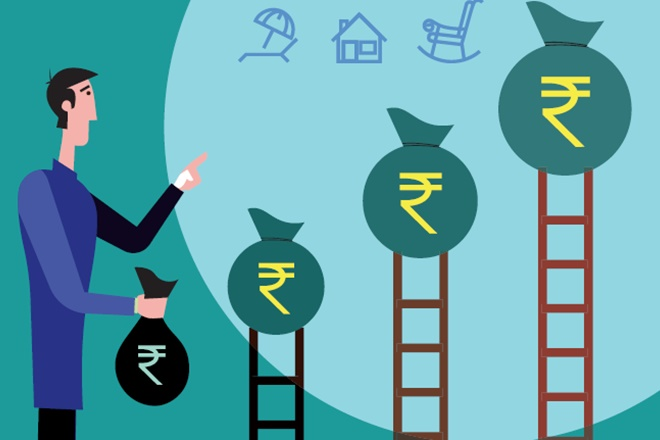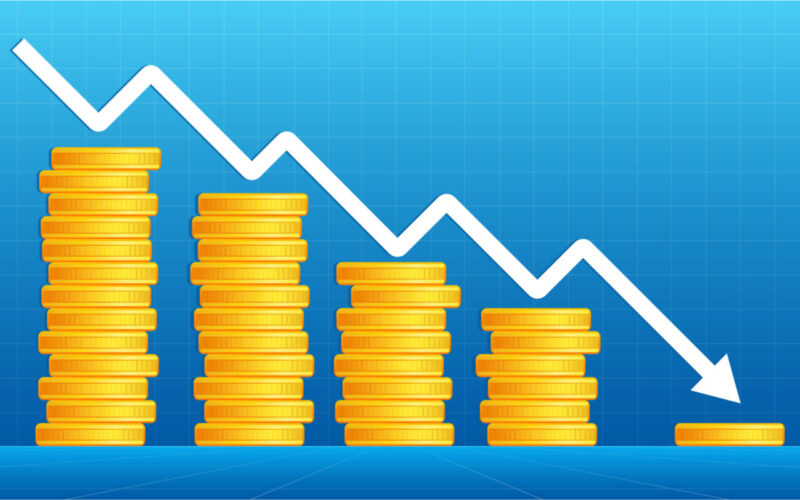Making money during an economic slump requires discipline, cost control and doing what’s right given the situation at that very moment. This means that you may not be able to predict market behaviour, but you must have the best investment plan in place if the market crashes.
If you are a long-term investor, it is important to remember that a downtime is part of the cycle and emotions should not cloud your financial decisions. The best investment plan will not only help you cut your losses but help you increase your corpus to reinvest as the market picks up.
Consider investing in fixed deposits that offer attractive FD interest rates such as one from Bajaj Finance. With the help of an FD calculator you can get a clear insight into the amount you will earn upon maturity. Bajaj Finance offers you up to 8.75% when you start a cumulative FD for at least 36 months, and up to 9.10% if you are a senior citizen with a cumulative FD of at least 36 months.
Read on to know what makes an FD a great investment during a market crash and a few other tips that you should keep in mind to guide your strategy in such a market condition.
Invest in fixed deposits
Fixed deposits offer guaranteed returns and aren’t linked to the market’s performance, making them a good when the market crashes. They offer better interest rates as compared to a savings or recurring deposit, and by choosing a cumulative or non-cumulative FD you can tailor your investment to suit your income needs.
To ensure complete security and good returns pick a company FD over a bank FD as it offers a higher rate of interest. In addition, check the credibility rating of the FD. A high rating from agencies such as CRISIL indicates that your investment is truly safe. For instance, Bajaj Finance’s Fixed Deposit has CRISIL’s FAAA/stable rating, as well as ICRA’s MAAA (Stable) rating making it an excellent pick.
Understand rupee cost averaging
Investing a fixed amount of money at regular intervals allows you to buy more units of an investment when prices are low and less when prices are high. This is a strategy commonly adopted when you invest in SIPs. The trick here is that the longer you stay invested, the lesser the rise and fall in prices impacts your investment overall.
Over a long duration the highs and lows even out and offer substantial returns. This is known as rupee cost averaging. In a slump it is important not to dissolve existing investments prematurely as when the market bounces back you will recover most, if not all of the loss, as long as you stay invested for a prolonged period.
Diversify your portfolio
You should avoid placing all your eggs in one basket, especially in stormy weather such as during a stock market crash. In this situation, diversifying offers better results. It means spreading your investment amount amongst high- and low-risk instruments.
This is done so that in case one instrument experiences turbulence your entire portfolio does not suffer. You must diversify and balance your portfolio depending upon your ability to stomach risk, your financial goals, etc.
Reinvest dividends
By reinvesting a portion of your dividends you can boost your returns. The increased amount allows you to purchase more stocks when the rate is low, thereby effectively increasing the payout further. Following this tip can help you climb the ladder of financial wealth quickly.
Invest in defensive industries
Invest in stocks of companies and commodities that are defensive in nature. This refers to products that are used despite of economic crunches such as toothpaste, shaving cream, shampoos, soap, salt, etc. By investing in stocks of companies that manufacture and sell products that people use regardless of the economic condition, your investment stays secured.
Following these investment tips and utilising instruments such as fixed deposits when the market is down will help you keep your money safe. Meanwhile, you can also take a look at some investment mistakes to avoid so that you can achieve your financial targets as per the timeline that you have in mind.





